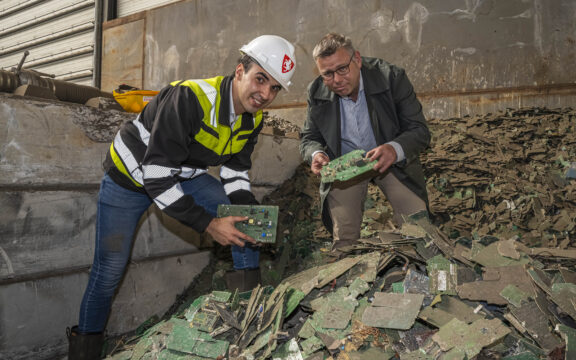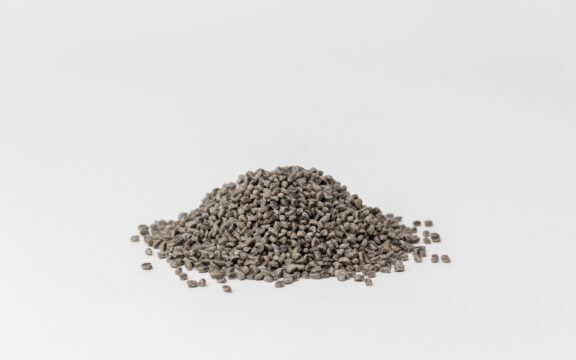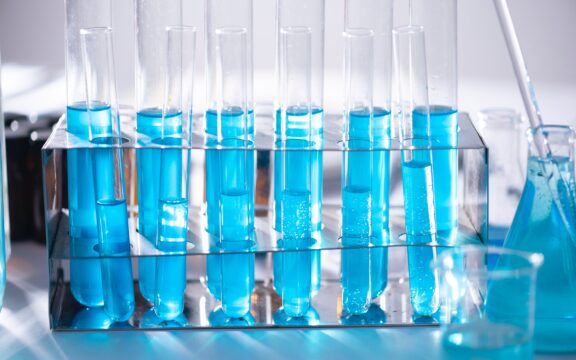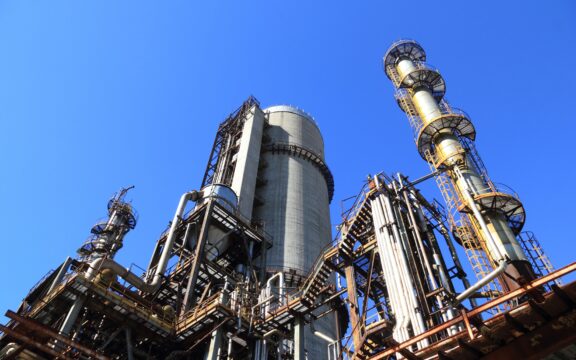
Renewable Building Blocks from Complex and wet waste Streams (ReBBloCS)
The ReBBloCS project aims to develop new circular value chains for the valorisation of complex and mixed waste streams into valuable chemical products.

Completed
SiC – Silicon Carbide membranes for innovative oil-in-water separations
This project investigates the behavior of silicon carbide membranes in pilot trials. These determine fouling, cleaning options, cleaning frequency and the consequences for the long term performance and economics. Test...

Completed
IMPACCT – Improved process performance by process intensification in centrifugal contactors
Centrifugal contactors, such as RPBs, could provide significant improvement of separation processes in the chemical industry. This technology seems potentially suitable for replacing or debottlenecking current unit operations which suffer...

Completed
Sussic – Sustainable treatment of industrial streams
In the Sussic project, atomic layer deposition (ALD) will be used for the development of SiC NF membranes, allowing treatment of challenging industrial streams.

Completed
Methanol, the LOGIC Choice!
The LOGIC project scales-up the Liquid-Out Gas-In Concept reactor for methanol synthesis from CO2 and sustainable hydrogen.

Advanced Carbohydrates Biorefinery: From Waste to Value
Every year, large amounts of tertiary cellulose end up being incinerated. This results in unnecessary CO₂ emissions and loss of valuable material. The ACB project develops an alternative route: one...

Completed
ECWRTI – Electrocoagulation for Water Recycling in Textile Industry
The ECWRTI project is about closing the waterloop in the textile industry.

Recircanol: Circular recovery of ethanol from alkaline-ethanol media at high pH using membrane technology
This project develops nanofiltration membranes and membrane modules for alkaline-alcohol media at high pH for the purification of ethanol and caustic.

ReValue – Recovery of Valuable minerals with hybrid ceramic membrane crystallization
The ReValue project explores the potential of membrane crystallization, a promising technology to recover valuable compounds from aqueous streams.

PoSiMem – Periodic organosilica nanofiltration membranes
This project aims to develop robust, reproducible and easy to scale-up approaches for the production of novel nanofiltration (NF) membranes.

Completed
EAMS – Energy efficient Affinity-driven Molecular Separation
The aim of the EAMS project is to: Application New or improved affinity separation options for selected cases: extractive distillation and (reactive) liquid-liquid extraction.